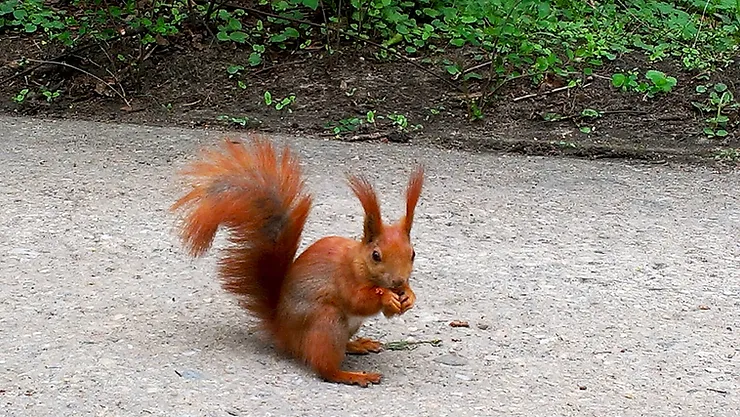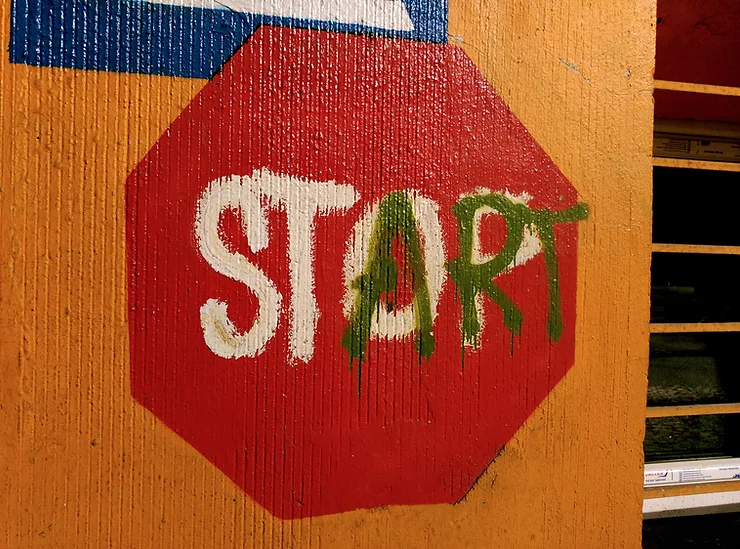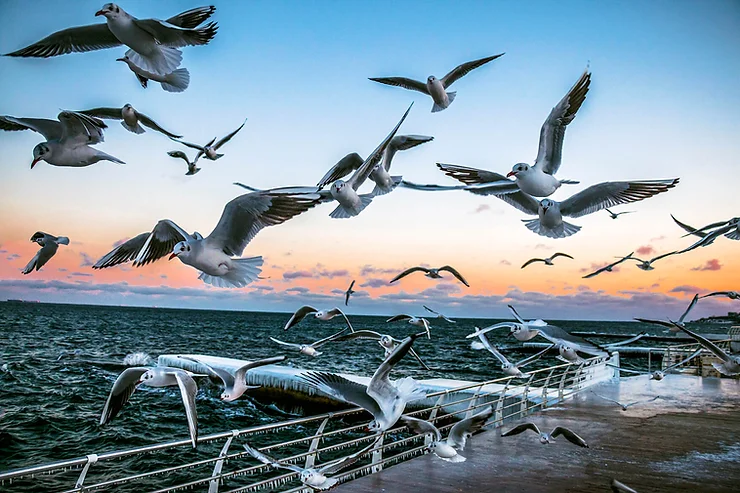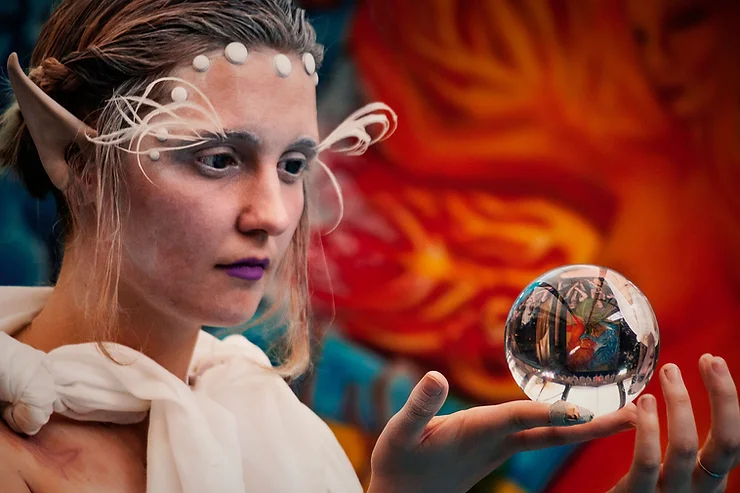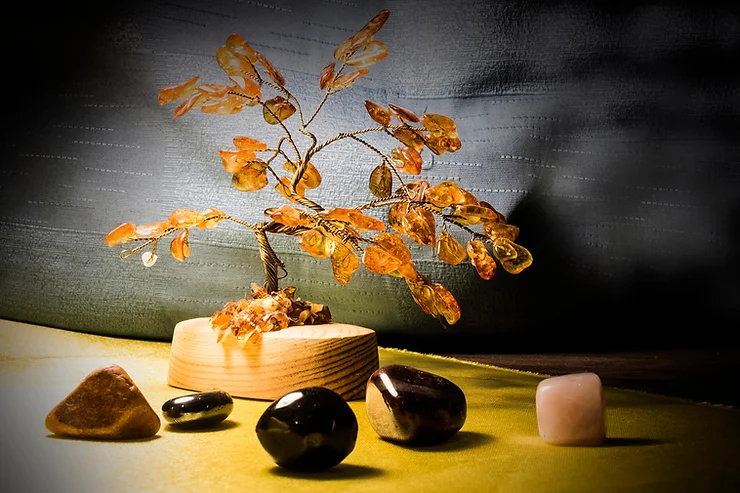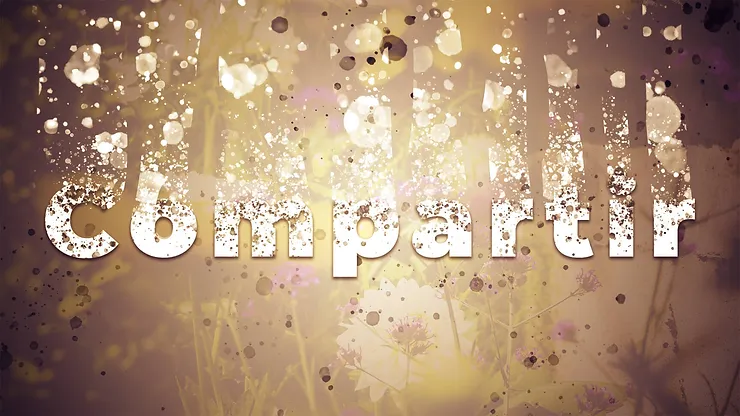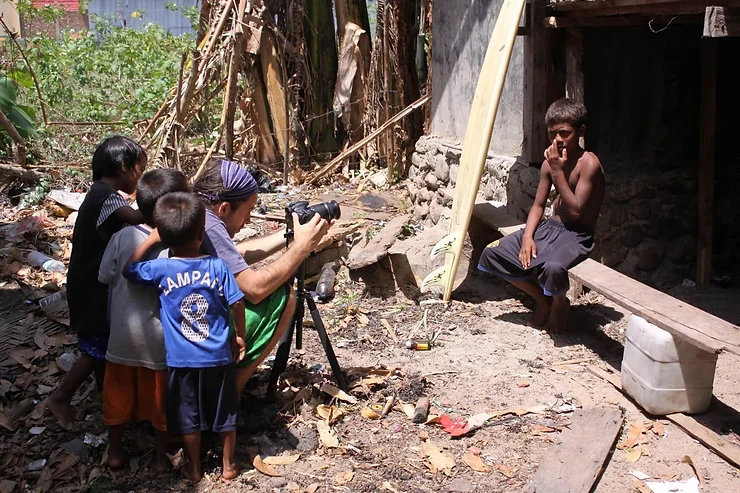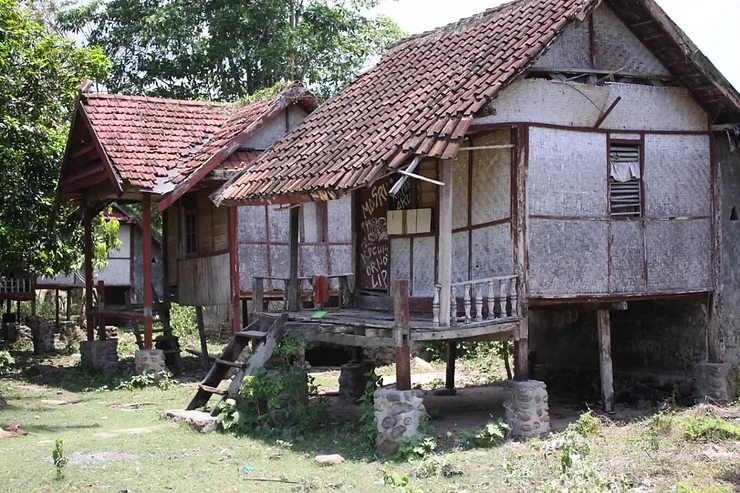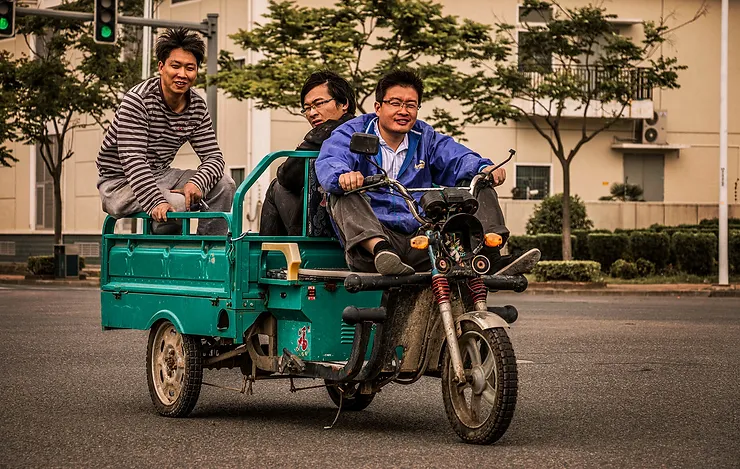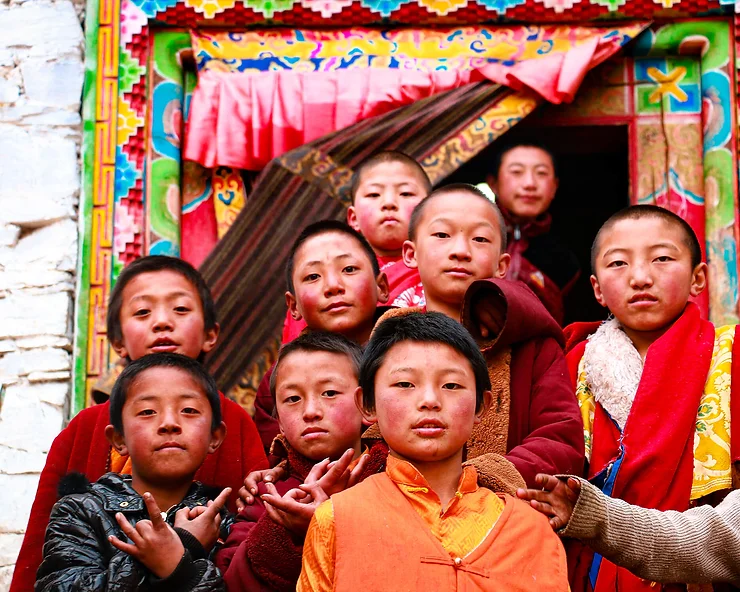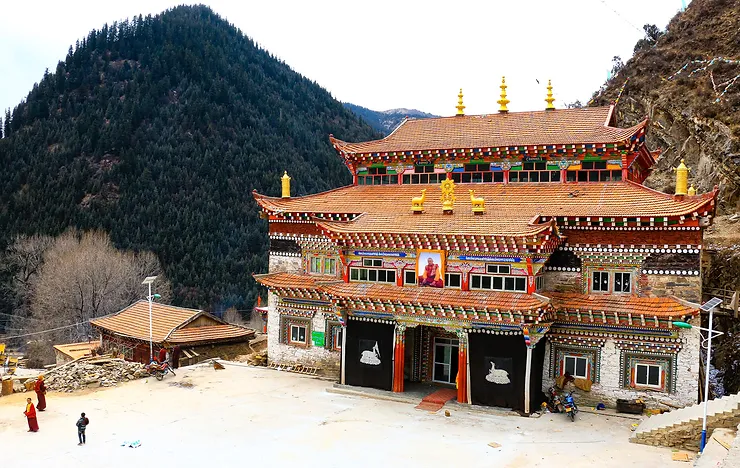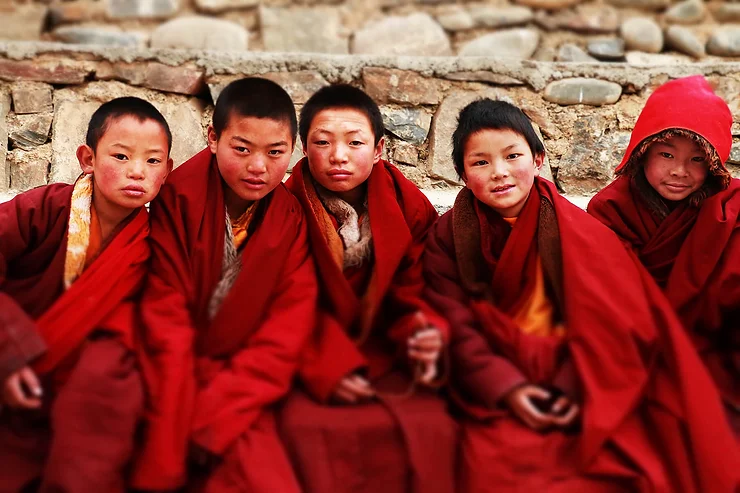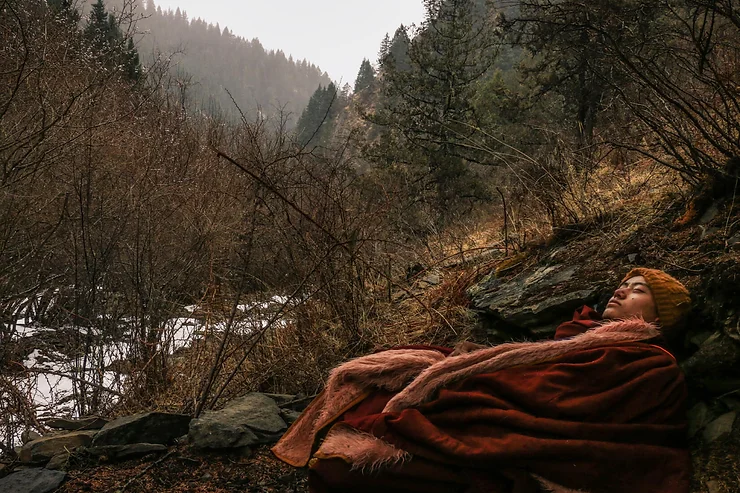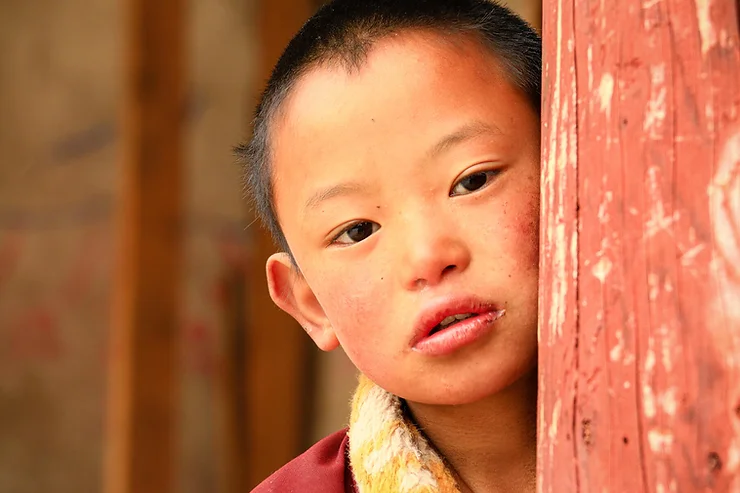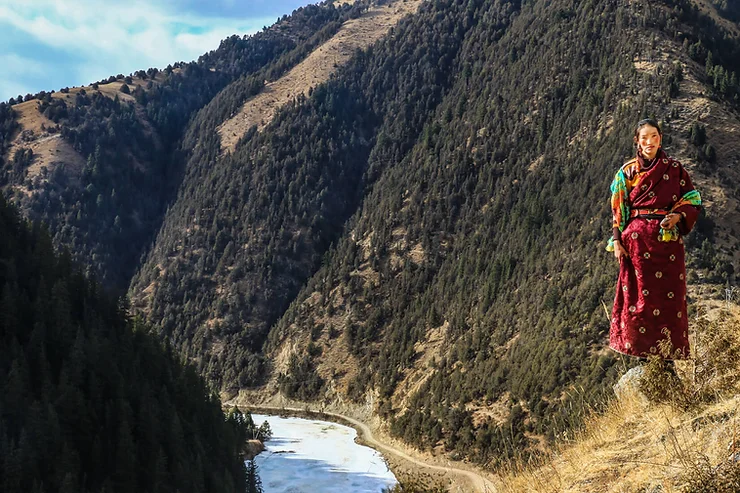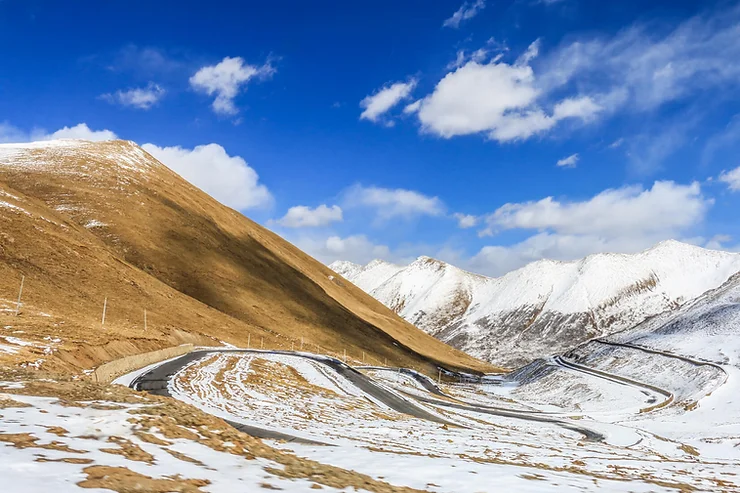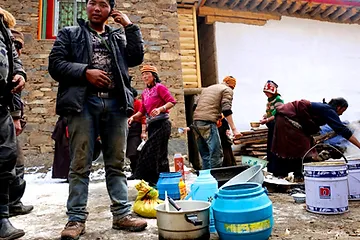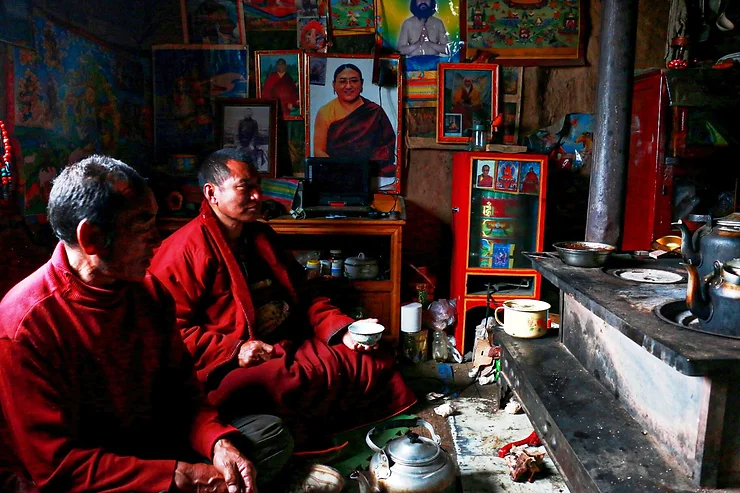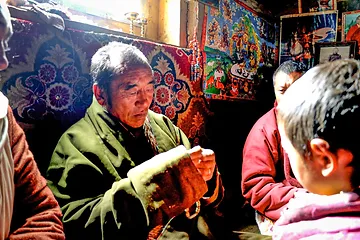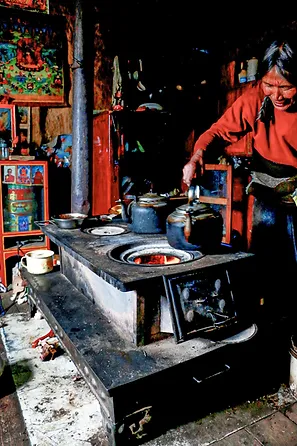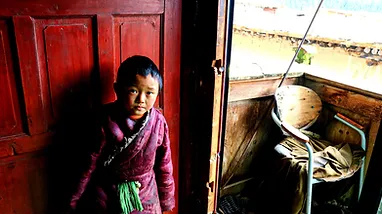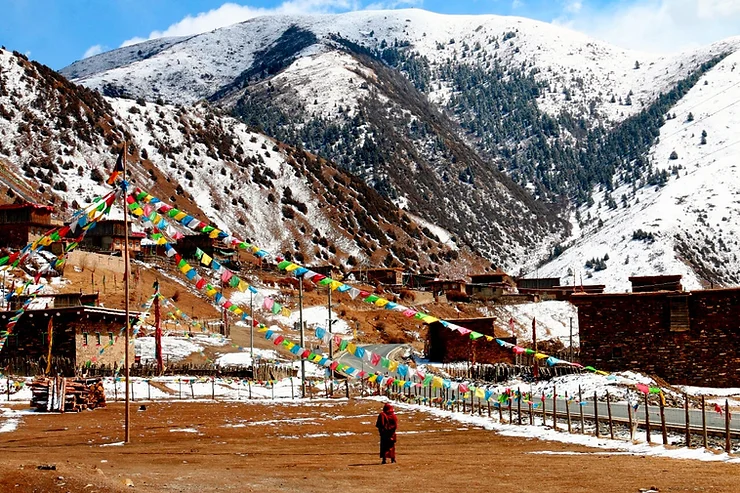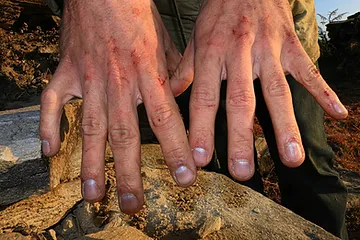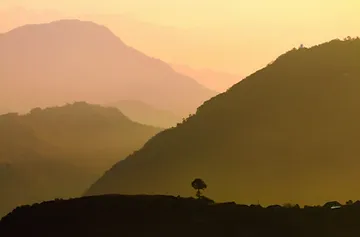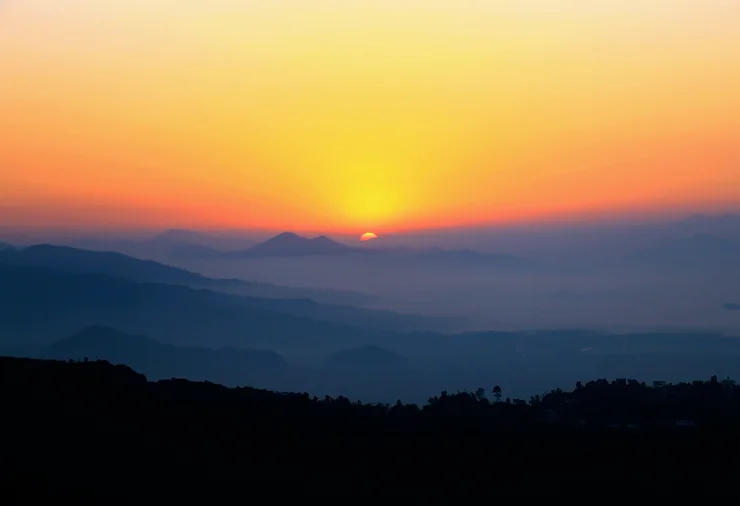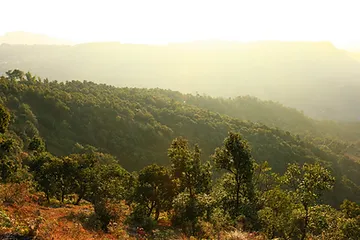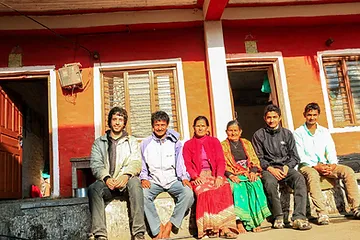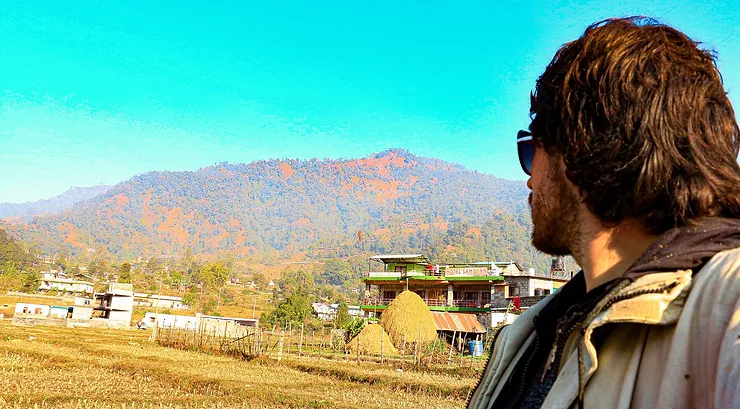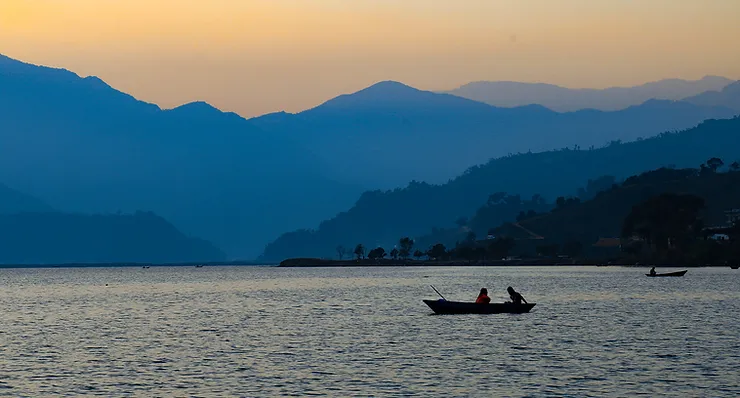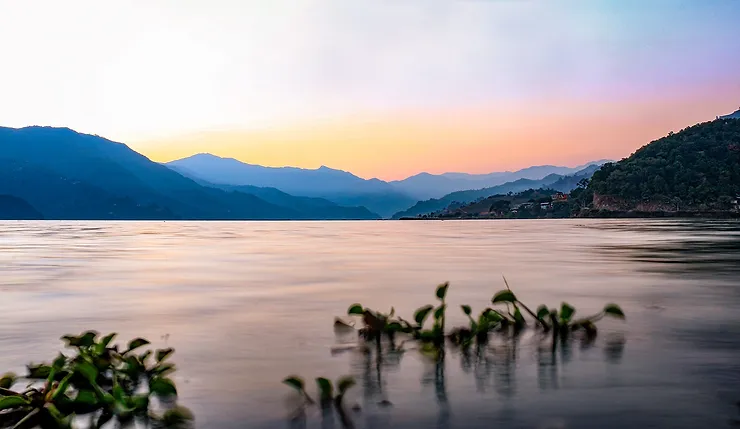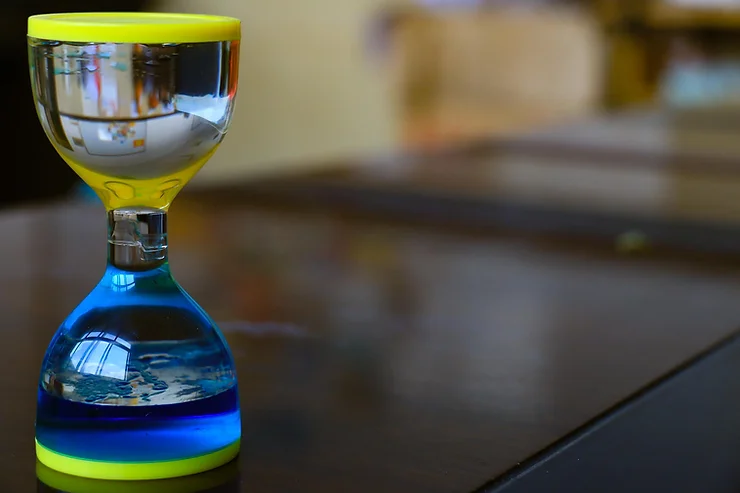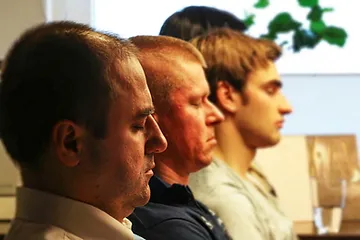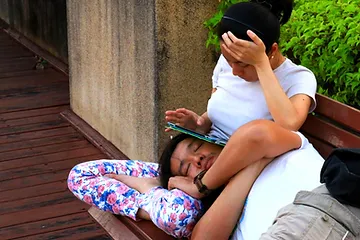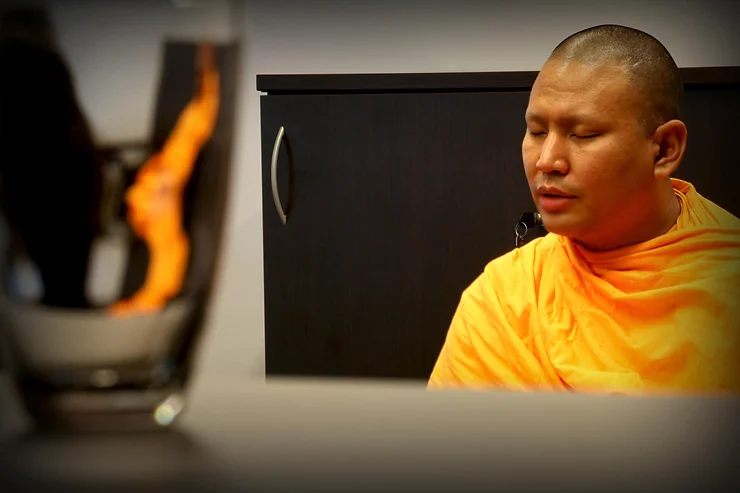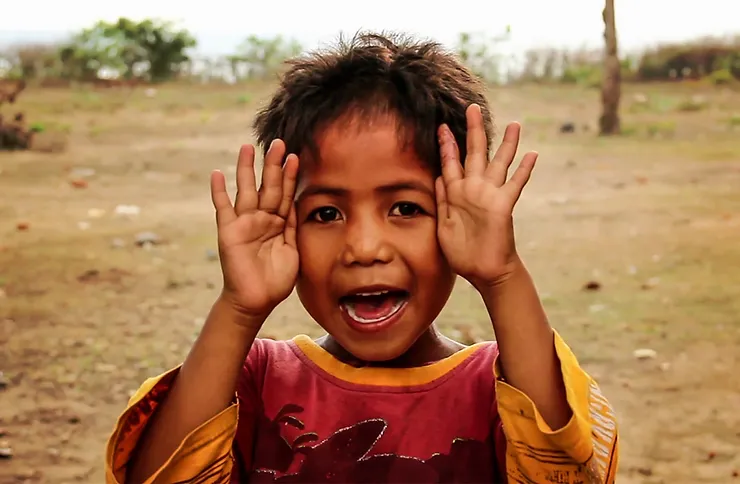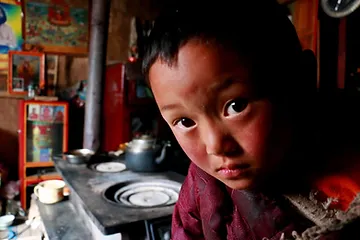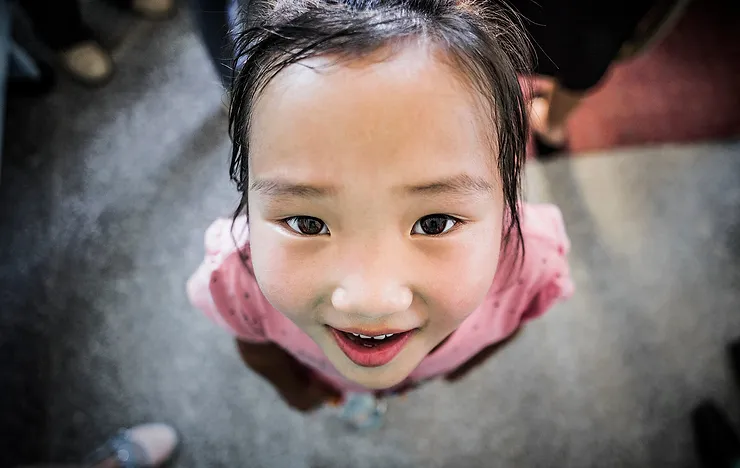Update: Two years later, my documentary Still Tibet would be screened around the world, win the jury’s special mention award at the Bolivian Human Rights Festival, and is currently being broadcast on national American television.
Hitchhiking, thumb philosophy
With just a smile, the thumb of my right hand and a pinch of patience, in 2009 I traveled through the south, west coast and north of France, starting in Girona and ending in Paris, a year later I traveled from the north of Peru to Bogotá crossing all of Ecuador and the South of Colombia, then I spent a month touring Tibet, later I visited each of the 11 countries of the Balkans, also hitchhiking, in addition to various other adventures such as spending three weeks exploring Indonesia or having it as habitual form of travel while living in Greece, Croatia and Canada. A lover of intuitive and improvised routes and a traveler of uncertain paths, being able to enjoy meeting and discovering people at random has become a fundamental ingredient of my trips. That said, I officially declare myself a lover and staunch follower of hitchhiking, a true philosophy of thumb.
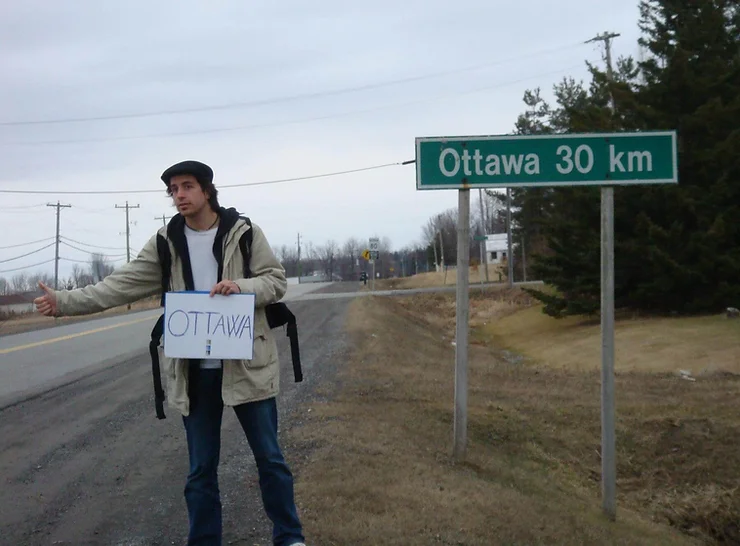

Hitchhiking is a travel philosophy that ensures adventures and learning
I call it philosophy because for me it has a series of factors and values that make it such, starting of course because its conception is totally individual and personal. In my case, if I decide that hitchhiking is the means of transportation during a trip, I demand that I not spend a single cent on trips and that they all be done on foot or by hitchhiking. On occasions I have walked for many hours without any vehicle stopping, being cold or even being forced to sleep in unattractive places. However, sooner or later chance always strikes in my favor again and when incredible situations happen in the future, I never forget the path that took me there. This situation has made me develop the certainty that when traveling it is irrelevant how much you walk and there is no point in despairing, because the further you go, the closer you will be to another place.
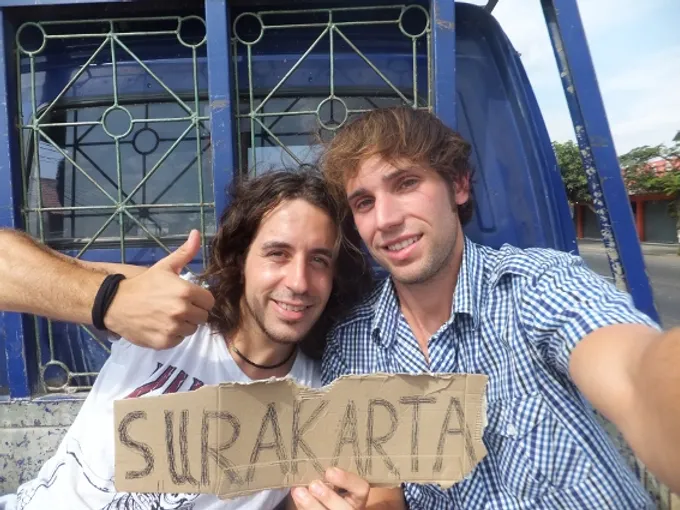

Hitchhiking is a way to meet wonderful people
Trucks, motorcycles, tractors, station wagons, sports cars, caravans or even boats, hitchhiking has not only allowed me to travel regularly with practically no budget, but has also given me unforgettable adventures, anecdotes and friendships. In Ecuador, I ended up sleeping in churches in lost mountain towns; in Tibet I rode on the back of a motorcycle driven by a monk; In Colombia, faced with a choice of roads, I decided to take the shortest one and it turned out that I entered the Amazon jungle and ended up in an indigenous village; In Bosnia I traveled with a singer from the Budapest opera, who willingly gave me a demonstration inside the car (testing the resistance of the glass); At the Oracle of Delphi (Greece), at night and after several hours, a car finally stopped and it turned out that the driver was accompanied in the passenger seat, with the seat belt fastened… a teddy bear! Of course I couldn’t pass up such an opportunity, I got on board and ended up visiting an authentic Greek wedding with the boy, having drinks in an exclusive bar next to the spectacular monasteries of Meteora and sleeping at his house wearing blue silk pajamas after enjoying the delicious Greek dinner that his mother prepared. And these are just a few examples.
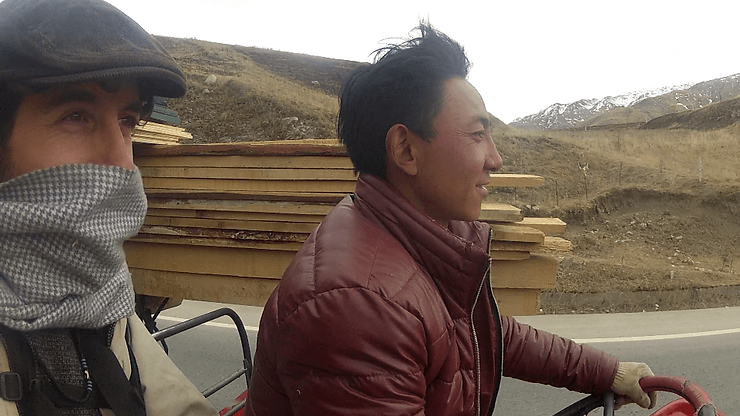

I hitchhiked through Tibet for a month. Simply wonderful.
Although it is true that hitchhiking is an exercise that involves exposing yourself to risks that are out there, it is therefore necessary to have all your senses and instincts awake in order to minimize the chances of having to face an inopportune situation. Although it may sound reactionary, my advice is that a girl never hitchhikes alone and that she do so, if possible, accompanied by a boy. Unfortunately I have known a large number of cases that support this opinion.
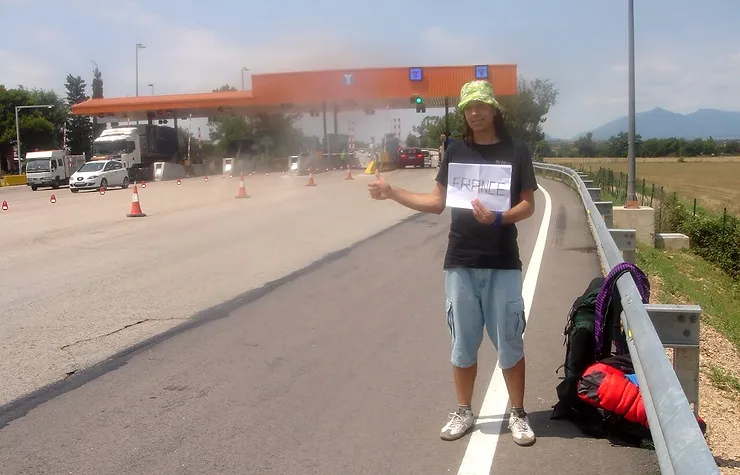

In countries with a lot of highways like France, toll points are good places to hitchhike
A circumstance that usually appears when traveling, especially when done alone, is that our natural instincts become more acute, so it is often a good decision to follow them without hesitation. On dozens of occasions, while hitchhiking, a vehicle has stopped whose driver, for whatever reason, I did not inspire confidence in and, after thanking him for stopping, I have simply continued walking. Perhaps my suspicions were unfounded, but when traveling any gesture that minimizes the risks automatically maximizes the chances that our adventure will be a success. Likewise, when you have a good feeling for the driver, I believe that you have to get on that vehicle, even if they insist that they can only take us a few kilometers or go in another direction, after all, we travel to have adventures and the Happiness is not in the destination but in the path, right? In France, an older man who was driving with his Nigerian wife, after stopping and asking me about my destination, told me that he could only take me about 5 kilometers, but he gave me such a good feeling that I got on anyway. I ended up at a campsite with them cooking, having a barbecue next to their caravan from which, upon arriving at the campsite, they began to leave one by one and up to nine, all the couple’s children, tall and short, white, black and mulattoes, with straight, long hair and Rastafarian… the 9 completely different children, as if it were a comedy! I wish there was a photograph that testifies to the look on my face in that situation, because it made the entire family laugh out loud for several minutes… which in this case is not saying something.
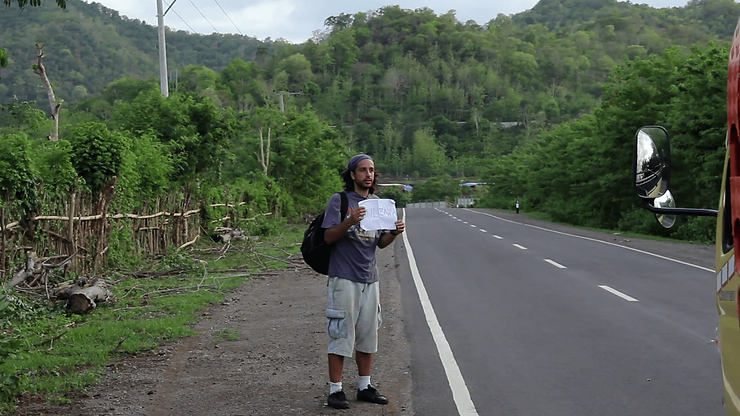

Truckers stop a lot, and generally have a great conversation.
When people ask me for advice on traveling, the first thing I answer is that the fundamental thing is to know yourself, since there are as many ways to travel as there are people in the world, so I always advise spending time studying and getting to know yourself in order to develop a travel mode that suits each one. If you are the type of traveler who considers it essential to be able to connect with other people and enjoy the journey without haste or script and that, perhaps the thumb philosophy is yours, because you are only completely free when you don’t know where you are going…and you don’t You care about absolutely nothing.
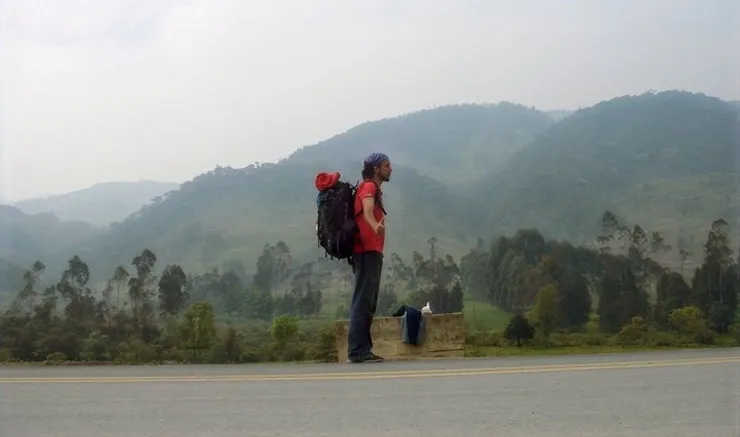

You are only completely free when you don't know where you are going and you don't care about anything at all.

